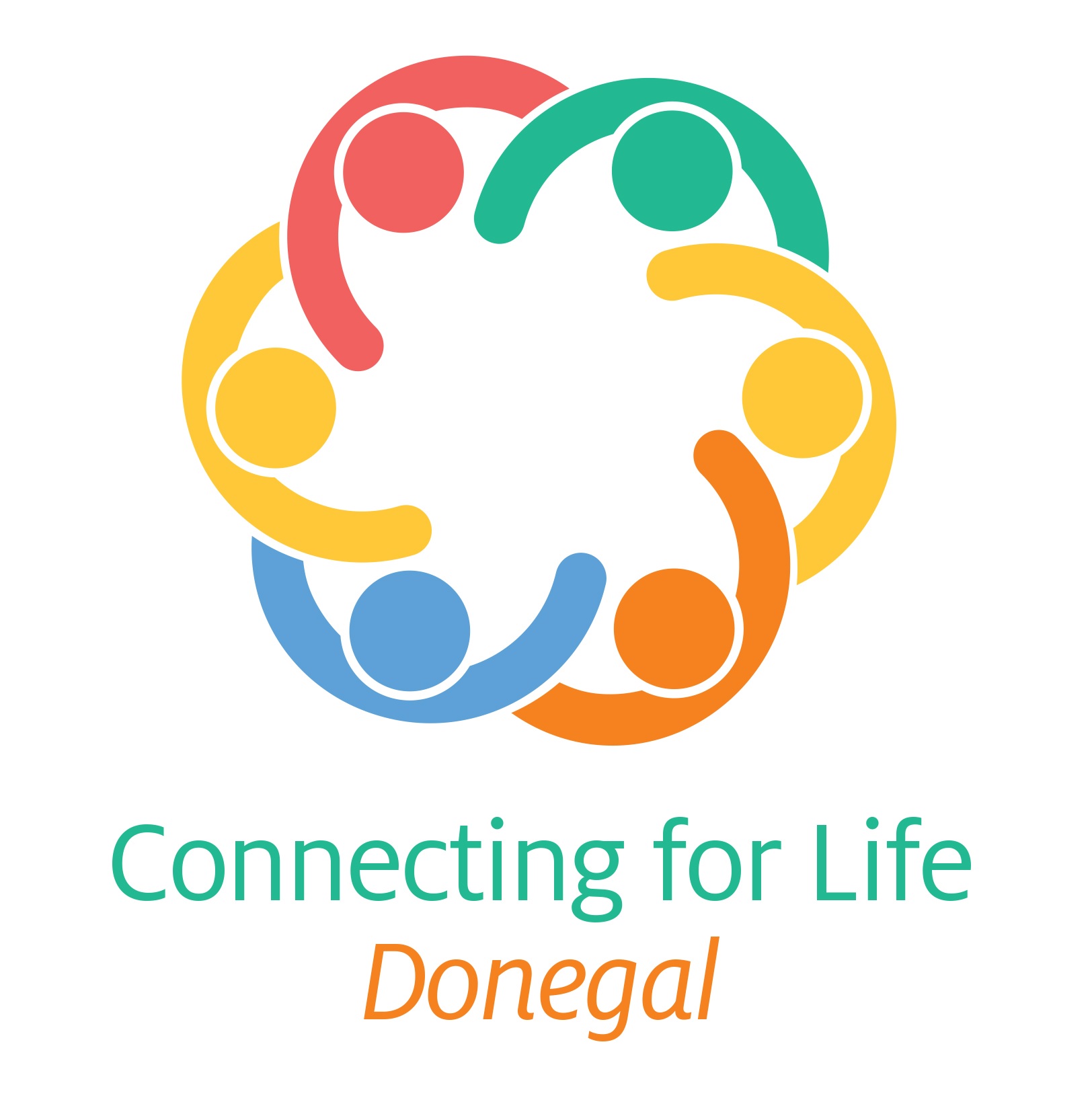
HSE: Guide to help with teenage worry this Christmas
As parents we can remember our teenage years often with great clarity. Sometimes for the better and sometimes for the worse depending on our experiences. Adolescence is a time of transitions, new schools, new people, college, new jobs, and exams. Changing peer groups and increasing independence are experiences that can cause worry.
What makes it more challenging is that it is a time of change in many brain regions. This means the adolescent brain is extraordinarily sensitive to stress. The teen brain is vulnerable to anxiety. Different kinds of anxiety affect young people at different times in development. Phobias and separation anxiety affect primarily young children; social anxiety develops later, as peer relationships become more important.
Although anxiety is an uncomfortable feeling connected to fear or stress, it’s also a common feeling we all experience at some stage. It can be difficult as a parent to see your child upset or distressed. The good news is that you can help your teenager navigate uncomfortable feelings like anxiety, safely and supported, so that they can learn ways to cope without becoming overwhelmed.
Firstly, it is important to recognise the signs of anxiety.
What to look out for:
If you notice any of these in your teenager it’s time to start a conversation.
What can help?
Talking it through without yourself becoming distressed. Listen carefully, and acknowledge their fears. Try not to diminish or ignore their emotions. Letting them talk about what is going on for them can help them gain perspective. This will help your young person regulate their emotions and build on their ability to self soothe.
Normalise the feeling. Tell them that we all feel anxiety in our life. It’s important for young people to realise a certain amount of anxiety is to be expected. We need to learn to live with it and not always back away from it. Also help them to remember no feeling is final, anxiety like the weather will pass.
Help them also identify any stressors in their life. Check out what is going on for them, e.g. a new job, exam pressure, new peers/friends, the pressure of fitting in.
Help them develop an action plan to cope. This will gradually build up their ability to experience anxiety, and to manage it well enough. Recognising anxiety as being a part of a new or challenging situation and learning to overcome those feelings is important.
However, if your young person is struggling on a longer term basis, let them know that help is at hand, they don’t have to do this alone. You are there for them.
Services are available locally that can help, and which can be accessed through your local GP. Jigsaw Youth Mental Health Service for 12 – 25-year-olds is free, confidential and can be accessed through self or parent referral as well as community or GP referral. Contact a member of staff in confidence on 074 97 26920.
Parenting can be rewarding but sometimes challenging. So remember to take your own advice and look after you this Christmas season.


*SPONSORED CONTENT
Subscribe or register today to discover more from DonegalLive.ie
Buy the e-paper of the Donegal Democrat, Donegal People's Press, Donegal Post and Inish Times here for instant access to Donegal's premier news titles.
Keep up with the latest news from Donegal with our daily newsletter featuring the most important stories of the day delivered to your inbox every evening at 5pm.